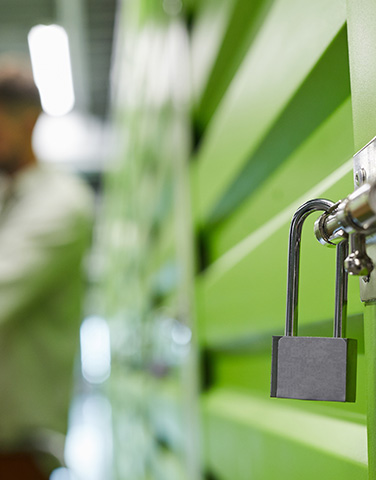
AI cannot be an inventor! A quick look at the Supreme Court decision in Thaler v Comptroller [2023] UKSC 49
At the end of last year the Supreme Court handed down its eagerly awaited judgment in this case. The Supreme Court upheld the decision of the lower courts confirming that:
- Artificial Intelligence (“AI”) cannot be considered an “inventor” for the purposes of s.7 and s.13 of the Patents Act 1977 (the “act”); and
- Owning an AI machine confers no rights on its owner to be granted or even apply for patents for creations/inventions produced by that AI under the act.
The case
Dr Thaler is the owner of an AI machine known as DABUS. He applied for two patents for technologies generated by the machine. Dr Thaler specifically stated that he was not the inventor, and the inventions were solely conceived by DABUS. As he was not the inventor he was required to indicate how he derived the right to both apply for and be granted the patent.
The UKIPO decided that DABUS was not an inventor (for the purposes of the act) and did not have any power to transfer anything that it might have created to Dr Thaler. Dr Thaler was not entitled to the grant of a patent based simply on the fact that he owned the machine. The UKIPO therefore took the applications to be withdrawn.
Dr Thaler appealed the decision of the UKIPO to the higher courts and after the High Court and Court of Appeal agreed with the UKIPO, it ended up at the Supreme Court.
The issue before the Supreme Court turned solely on the interpretation of the law (in particular section 7 and 13 of the act), as it was assumed that the inventions created by DABUS were patentable and the factual statements submitted by Dr Thaler as part of the patent application were correct.
Summary
In summary the Supreme Court held that:
- an ‘inventor’ within the meaning of act must be a natural person. DABUS is not a person never mind a natural person;
- Dr Thaler’s ownership of DABUS does not confer a right to apply for or be granted a patent under the act (the doctrine of accession did not apply); and
- The UKIPO was right not to accept the patent applications.
The judgment
The judgment does not come as a surprise to many, especially as Dr Thaler had lost all of the previous rounds in getting to the Supreme Court.
The case was designed to be a test case and therefore set a precedent which it certainly has. The Supreme Court judgment makes clear that if patents are to be granted in respect of inventions made solely by machines, the law will have to be amended.
However it is not all doom and gloom and the door has been left ajar for those using machines such as AI as tools of assistance in creating inventions. As Lord Kitchin says at paragraph 52 of the judgment, “It…is important to reiterate nonetheless that, in this jurisdiction, it is not and has never been Dr Thaler’s case that he was the inventor and used DABUS as a highly sophisticated tool. Had he done so, the outcome of these proceedings might well have been different”.
How we can help
Please do not hesitate to get in touch with our commercial team if you have any questions or concerns about technology, AI or commercial matters.
Talk to us about
Related services
















